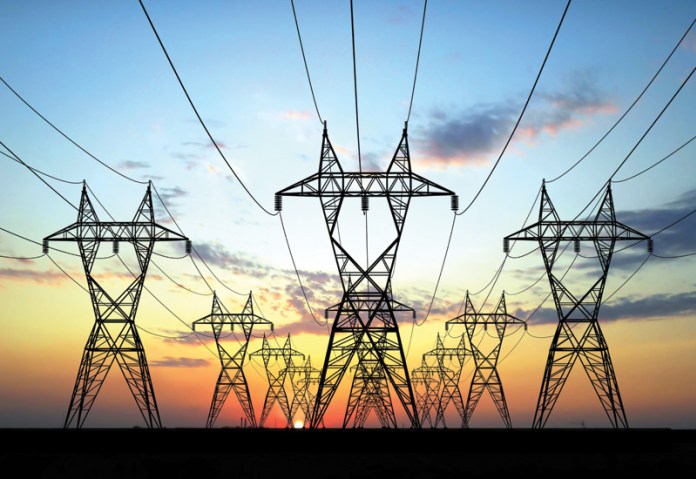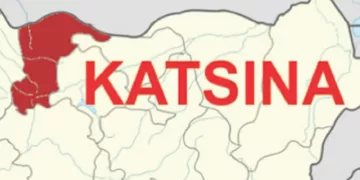In the face of epileptic power supply, the nine incidents of vandalism on Nigerian transmission towers in different parts of the country that occurred from January to November 2024 suggest a worrisome trend.
A breakdown of these unpatriotic tales of woe which are pure acts of criminality and sabotage, showed that the incidents occurred on January 10, 2024, when the Gwagwalada-Kukwaba-Apo line was attacked; February 26, 2024, on the Gwagwalada-Katampe line; and April 23, when four towers along the Jos-Gombe line were damaged.
Similarly, on June 12, terrorists attacked the TCN Damaturu-Maiduguri 330kV transmission line, destroying two towers (T193 and T194). The incident resulted in significant power outages in Maiduguri and surrounding areas. Specifically, this attack followed a previous one that occurred on December 28, 2023, when similar towers were destroyed by terrorists using explosives
On July 29, 2024, towers T98 and T99 were destroyed in Bayelsa State, causing a blackout that lasted more than three months. During the All-Nigerian Editors’ Conference, Governor Douye Diri told Editors that the state was still struggling to address the damage.
The long list of vandalism on the TCN towers included the August 2 vandalism of TCN towers in Bayelsa, the September 12 vandalism of thirteen towers along the Ahoada-Yenagoa and the November 9 destruction of three towers on the Lokoja-Gwagwalada line. There is also the November 12 destruction of a transformer at the Obajana substation by armed men.
Essentially, the trend in which this occurred suggests that vandalism of transmission towers and other power equipment is gradually becoming the new normal. The danger this poses to the country’s power supply cannot be underestimated. This vandalism is one reason for the frequent collapse of the national grid and its attendant impact on the country’s deplorable power supply.
For instance, from January 2024 to the first week of November 2024, the national grid collapsed 11 times, significantly disrupting the power supply nationwide and forcing businesses to rely on self-powered generators to maintain operations.
Of course, many factors, including aged and ageing facilities, lack of maintenance and requisite investment, and, most importantly, vandalism by saboteurs and criminals, are part of the reasons for the repeated grip collapse.
Indeed, these repeated incidents of vandalism in the face of obsolete electricity facilities have significantly worsened the country’s power supply situation with attendant negative impacts on the citizens who have long been bogged down by poor electricity access and supply.
Vandalism of power infrastructure often throws millions of households into darkness, crippling businesses and further compounding the already dire economic situation staring the citizens.
Nigeria still struggles with low electricity access rates, particularly in rural areas. Of course, this is one reason for the high rural-urban migration and the attendant consequences of the daily springing up of slum settlements in most cities. There is a clear nexus between these slums and the increasing rate of crimes in different cities across the country.
Alarmingly, the repeated incidents of vandalism are compounding the deplorable state of the country’s power supply. Despite its population and huge resource base, Nigeria is nowhere near the top electrified countries on the continent.
In Africa, countries like Egypt, Morocco, and Tunisia have achieved 100% electricity access, while others like Ghana have 85.9% and South Africa has 84.4%. About 40 million of Nigeria’s population is said to have no access to the power supply. Most of this segment is rural dwellers.
For a country that struggles with low access rates in the face of epileptic power supply, having to contend with vandalism of power infrastructure is a double whammy.
There is a compelling need for the government to beef up the security of these power infrastructures. Vandalising this equipment has both economic and national security implications. Those behind it must be fished out and made to face the full wrath of the law. Above all, residents of areas that host these infrastructures must demonstrate patriotism by supporting the government’s efforts to guard them. This act of sabotage has to end, and all Nigerians of goodwill must support concerted efforts to achieve this.











